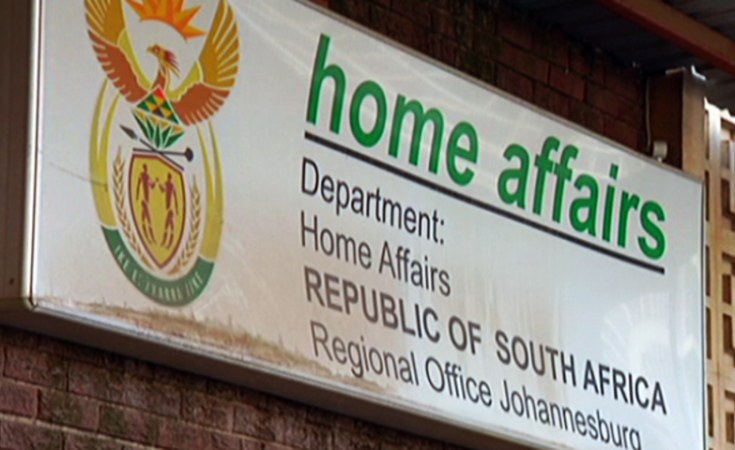Johannesburg — The presence in South Africa of people linked to the Islamic State (IS) does not seem to worry the government. This was stated by the President of the Southern African Catholic Bishops' Conference (SACBC, which brings together the bishops of South Africa, Botswana and Eswantini), Bishop Sithembele Anton Sipuka of Umtata, in his opening speech to the SACBC Plenary Assembly, which took place from 5 to 9 August.
"Concerning is the recent news about the presence and financial operations of individuals linked to ISIS in South Africa. I have not heard much reaction from the government about this; perhaps it deems it insignificant," said Bishop Sipuka. However, according to the President of the SACBC, the problem should be tackled decisively, as ISIS is already causing serious damage to the population of northern Mozambique, in the province of Cabo Delgado.
According to international investigative reports, ISIS uses South Africa as a financial center. In March 2022, the US Treasury Department had designated certain individuals and entities operating in South Africa as intermediaries in the financing operations of the transnational Islamist group. In particular, US authorities had designated a Durban-based individual who financed the activities of the Islamic State province in the Democratic Republic of Congo through funds obtained through criminal activities (extortion, kidnapping for ransom).
Another individual operated in Cape Town, where he trained ISIS recruits to carry out robberies. Other ISIS cells based in South Africa channeled funds, technology and material goods to ISIS groups in Mozambique and Somalia. In addition, several South African ISIS sympathizers have joined ISIS in Mozambique. In March this year, the Counter-ISIS Finance Group (CIFG), an international body led by the United States, Saudi Arabia and Italy, published a report on the financial activities of the Islamist organization in Africa. The report states that South Africa-based banks have become channels for IS money transfers. The terrorist organization uses these channels to transfer funds from its continental headquarters in Somalia to its regional cells. "ISIS has used South Africa-based banks to transfer funds from the GDP to ISIS in Central Africa," the report says. Finally, in his speech, Archbishop Sipuka mentions another serious incident in South Africa. The discovery of a military camp in Limpopo where 95 Libyan recruits were being trained. Officially, they are security forces, but according to the police who stormed the camp, it was actually real military training. The 95 Libyans apparently belong to General Haftar's forces that control Cyrenaica in eastern Libya. One might ask: if it was possible to provide military training to Haftar's men without the authorization of the South African authorities, is it also possible that there are or were training camps for Islamist fighters?


